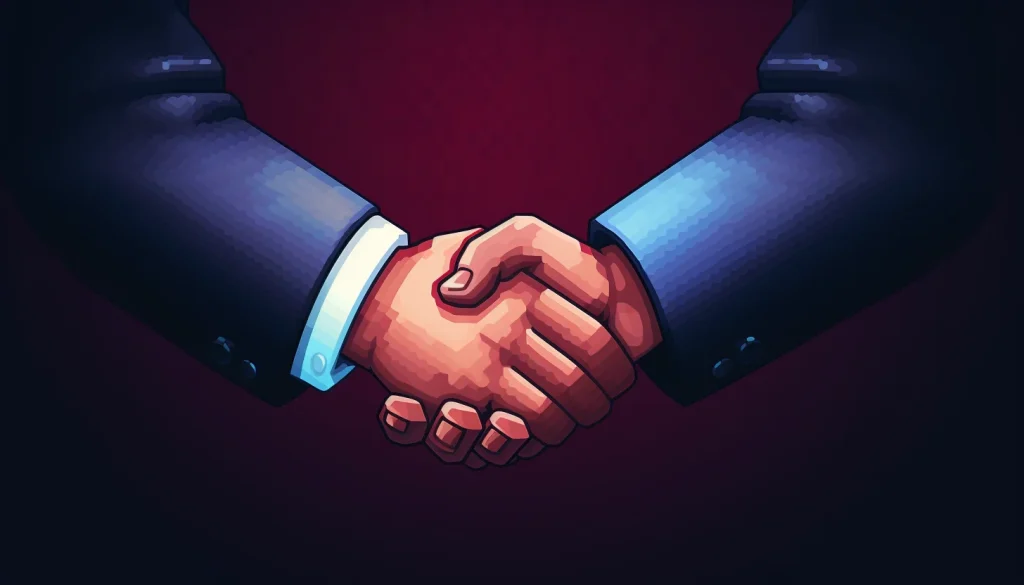Elevate Your High-Ticket Sales Career
Find High-Ticket is your trusted platform for networking, continuous learning, and discovering elite sales opportunities. Stay connected and thrive in the high-ticket sales domain.
- We value your privacy. No spam, ever.



